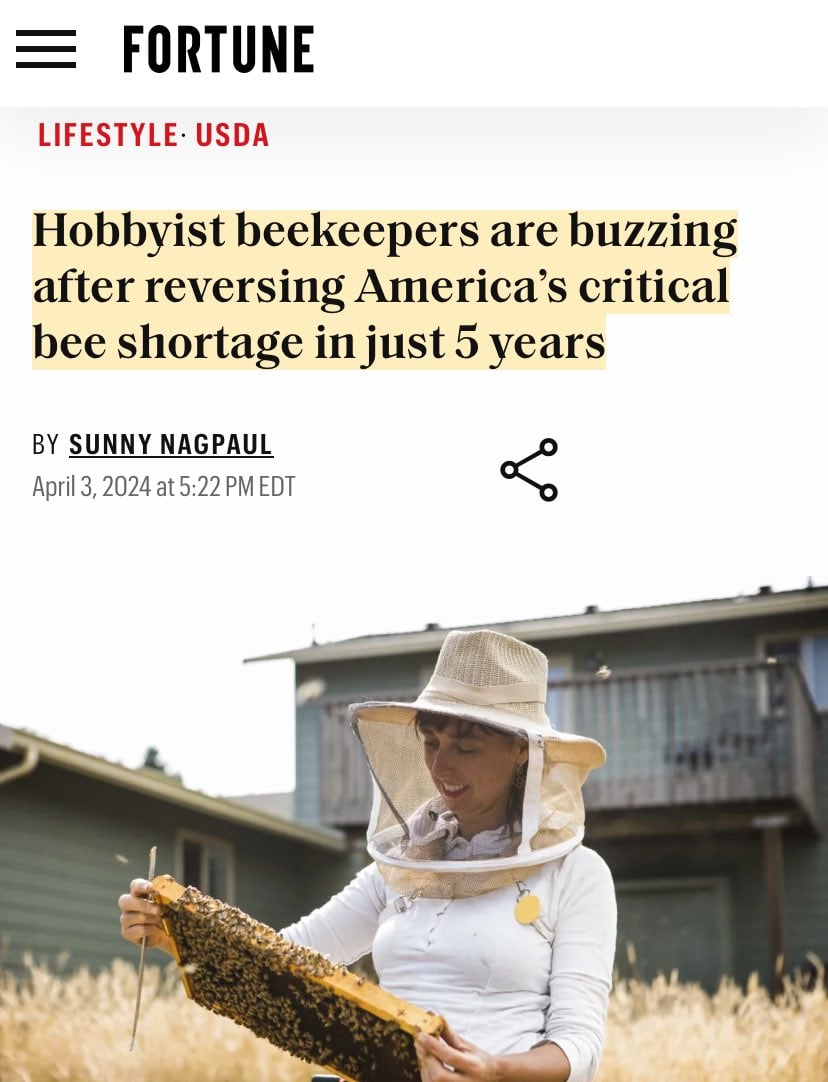Uplifting News
Welcome to /c/UpliftingNews, a dedicated space where optimism and positivity converge to bring you the most heartening and inspiring stories from around the world. We strive to curate and share content that lights up your day, invigorates your spirit, and inspires you to spread positivity in your own way. This is a sanctuary for those seeking a break from the incessant negativity often found in today's news cycle. From acts of everyday kindness to large-scale philanthropic efforts, from individual achievements to community triumphs, we bring you news that gives hope, fosters empathy, and strengthens the belief in humanity's capacity for good.
Here in /c/UpliftingNews, we uphold the values of respect, empathy, and inclusivity, fostering a supportive and vibrant community. We encourage you to share your positive news, comment, engage in uplifting conversations, and find solace in the goodness that exists around us. We are more than a news-sharing platform; we are a community built on the power of positivity and the collective desire for a more hopeful world. Remember, your small acts of kindness can be someone else's big ray of hope. Be part of the positivity revolution; share, uplift, inspire!
view the rest of the comments

About 6000 species of solitary bees in North America. Providing them habitat by planting the flowering species they visit is a huge first step. Additionally making 'space' for their larva is enormously helpful. Many are ground dwelling, so getting rid of 'landscape cloth' which blocks them from burrowing is useful.
Check with your local cooperative extension service for information about the bees in your area.
Here's an article from OSU on the topic: https://extension.oregonstate.edu/gardening/pollinators/nesting-habits-solitary-bees
Xerces Society: https://xerces.org/publications/brochures/save-the-stems
World Bee Project: https://worldbeeproject.org/2023/11/15/solitary-bees-their-crucial-pollination-role-and-diverse-habitats/